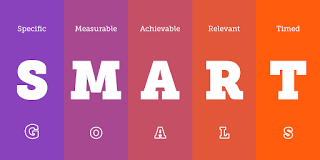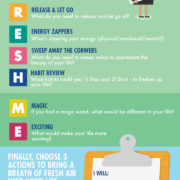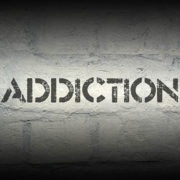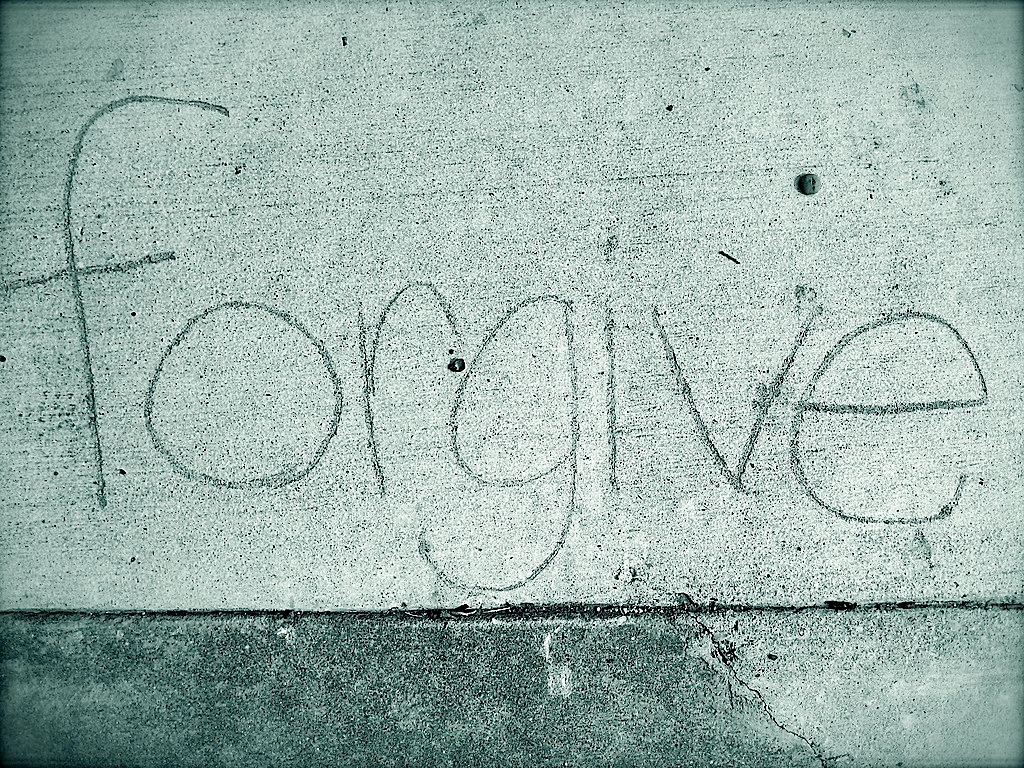
By Randy Moraitis, MA, CIP, BCPC
Do you have a family member in recovery from addiction? Maybe drugs, maybe alcohol, maybe both? If so, then you know all about the pain, the stress, and the fears that are part of your family culture.
I also know all about the pain, stress and fears–you see I write this post not only as a counselor who deals with families affected by addiction on a daily basis, but also as a person whose family has been impacted by addiction for several generations.
There are a lot of metaphors used to describe what it’s like to have a family member who is an addict:
—it’s like living in the eye of a storm.
—it’s like always having to walk on eggshells.
While the sayings give a glimpse into what it’s like to have an addict in the family, they really don’t express the depth of the pain and anguish that family members–parents, children, siblings–go through when their loved one is afflicted by addiction.
Here are 5 tips to help families to move in the direction of healing.
But first, a very important question: Are you a family with someone in recovery, or are you a family in recovery?
Families who see themselves as simply having someone in recovery are much less likely to have healing than families who see themselves as a family in recovery.
Addiction is a family disease. It’s not just the problem of the addict, it’s the whole family’s problem! The best possible scenario is when the whole family works on getting healthier. Be a family in recovery!
5 Tips for Families in Recovery
These tips are designed to give families a big picture outlook on what to expect on the recovery journey and how to best move the family from unhealthy to healthy.
1. Be Aware–the members of the addicts family will still have about the same level of stress and anxiety during the first 4-12 months of their loved one’s sobriety. They may still be dealing with financial or legal fallout from when the addict was using. Or they may be expecting a relapse and dreading every phone call.
2. Be Aware—things might actually get worse during the first 4-12 months of the loved one’s sobriety. They may discover serious health issues or have to serve jail time. Family members may be frustrated with huge bills from treatment.
3. Be Aware–intense family or marriage therapy is counterproductive during the first 4-12 months. Instead focus on getting the family structure back in place, work on individual issues, and work on parenting and family operations.
4. Be Aware–during the first 4-12 months abandonment may be added to the family experience. Either the addict feels abandoned by the family, or the family feels abandoned by the addict. An addict working a healthy recovery program will often go to many meetings and start hanging out with a new crowd. This may make their family feel abandoned at first. It’s OK. Let go and focus on your personal growth and healing.
5. Be wise–I highly recommend all family members get connected with appropriate groups such as Al-Anon, CoDa, Lifelines, AA, NA or other support group. This will help bring healing to all the individual members of the family and help prevent the family from falling back into old, unhealthy patterns.
What are your thoughts on this topic? Comment below or email me at randy@randymoraitis.com. Visit my website www.randymoraitis.com for info on counseling or coaching, and our nonprofit foundation CarePossible at www.carepossible.org.
About Randy Moraitis
Randy is married to Kim and they live in Laguna Niguel. Together they have a blended family of five adult children and three beautiful grandchildren. (If you don’t believe Randy he will gladly show you pictures!)
Randy is a Certified Intervention Professional (CIP) and expert in helping families affected by addiction and/or mental health issues. He is a Board Certified Pastoral Counselor and is both licensed and ordained as a pastoral counselor. He has five professional coaching certifications and loves working with clients on executive coaching, life coaching, wellness coaching and recovery coaching. Randy has a master’s degree with emphasis in theology and counseling, a bachelors degree in management and leadership, and a certificate in health and fitness with emphasis in exercise physiology and sports psychology from UC Irvine. He has been helping groups, individuals and families get mentally, physically and spiritually healthy in Orange County for over 25 years.













Leave a Reply
Want to join the discussion?Feel free to contribute!